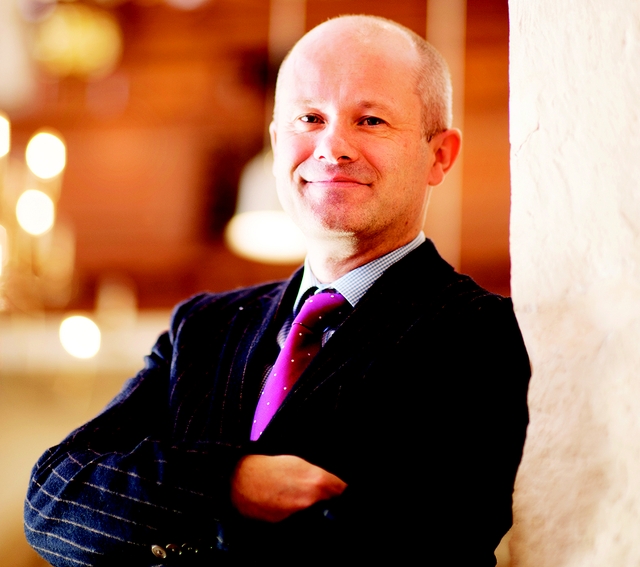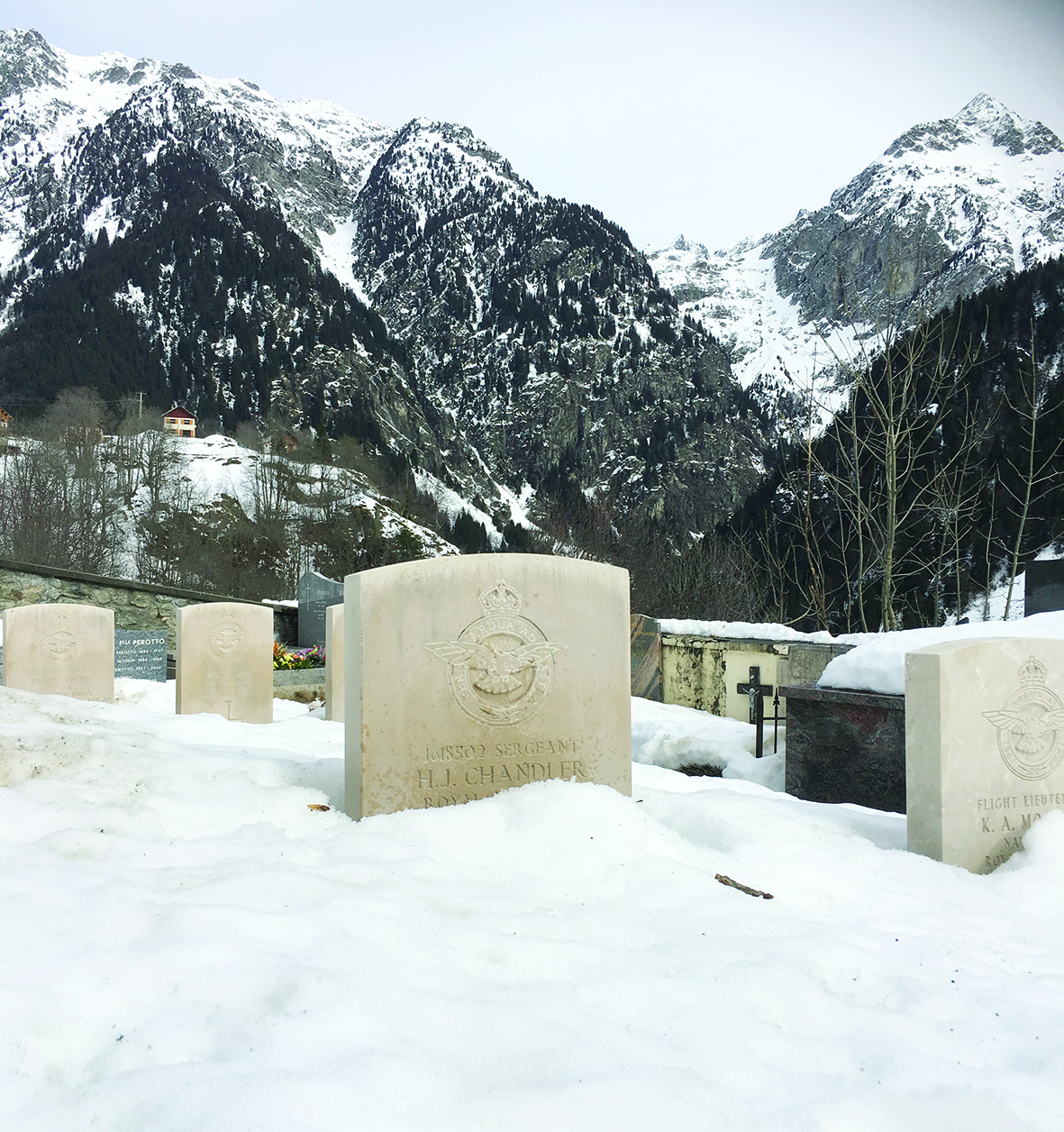We can encounter the divine in music

FOR David Price, the three Rs of Remembrance, Reconciliation and Resurrection hint at his faith.
He has been our cathedral organist and Master of Choristers for more than 20 years, but the seeds of his faith actually date from a tragedy during the Second World War.
“My grandfather was killed in an RAF air crash in 1944 en route to the Far East,” he said. “From an early age, I was acutely aware of the pain, distress and anger this cataclysmic tragedy had caused for my grandmother and her two daughters, who were aged four and 10 at the time.
“This pain and this anger lasted a lifetime for my grandmother; it clouded her relationship with her daughters right to the end before her clouds were lifted by the onset of dementia aged 92.”
The young David Price, meanwhile, had started singing as a chorister at Bath Abbey.
“My faith was kindled by music,” he said. “Of course in those early days it was all about being part of a team, the inspiring music, the loud organ and the grand occasions.
“I asked the rector, the Rev Geoffrey Lester, at my confirmation class why the people in the congregation were so old. ‘They are all swotting for their finals’ came the quick, dry response from that towering presence.”
He was confirmed by the Rt Rev Mervyn Stockwood, who had been Bishop of Southwark, in Bath Abbey alongside his fellow choristers.
“I remember Bishop Mervyn saying: ‘High Church or Low Church – I don’t care which it is as long as it is Short Church’,” said David. “But confirmation jolted me from jobbing chorister to thoughtful church organist.
“By now I was playing the organ for the Alternative Service Book Eucharist at a local parish church, Christ Church, which was a revelation after weekly Sunday morning Matins at Bath Abbey.
“This was where I made my first challenges to hierarchy. I asked the priest-in-charge and my boss, the choirmaster, why we weren’t going to do a service for Remembrance Sunday. I was told that we weren’t there to celebrate or glorify war, and given a potted history of the causes of the First World War.
“I pointed out what had happened to my grandfather and how my family wanted to remember him. I said that we remembered because we hoped not to repeat. They said I had a point, and that year Christ Church did an Act of Remembrance and I learned something about compromise and reconciliation.”
 Meanwhile, David’s grandmother was asking him each week what he was going to do when he grew up. He had announced at the age of 10 that he was going to be a cathedral organist and repeated that every time he visited her house. “Yes, yes,” she would reply. “But what are you really going to do?”
Meanwhile, David’s grandmother was asking him each week what he was going to do when he grew up. He had announced at the age of 10 that he was going to be a cathedral organist and repeated that every time he visited her house. “Yes, yes,” she would reply. “But what are you really going to do?”
“And so, determinedly, blindly and foolishly, I set about the task of becoming a cathedral organist,” said David. “I went to London to study for a music degree and to be assistant organist at Croydon Parish Church.
“Here I found a vocation. The music was fully centred on a prayerful and faithful congregation. I began to understand the place and power of music within the liturgy and as a way to lift souls. I think I discerned a plan for me. I think God wanted me to inspire, console and to worship through music.”
He moved to Rochester where he experienced the joys, challenges and strains of working in a cathedral as an organ scholar.
“I was lucky enough to work with two splendid cathedral musicians; Barry Ferguson and Roger Sayer,” he said. “Both taught me, in equal measure, the role of music to stir up and to challenge, but above all the privilege to worship and pray through music.
“Our cathedrals in the UK take this Benedictine inheritance seriously – much more seriously, ironically, than our Roman Catholic colleagues across Europe.
“I wanted to tell my granny that I had made it! But my move to be assistant cathedral organist at Ely came too late for her to see and understand it. Here I learned about people, taking risks, dramatic worship, living in a close ‘Cathedral Close’ community and bishops and deans.”
In 1996, David came to Portsmouth. It was a momentous year in lots of ways. He met Kitty Stevenson, daughter of Bishop Kenneth, and fell in love. He made an appointment with the bishop to ask for his daughter’s hand in marriage.
“In my job, I was a young man in a hurry, with lots to plan, lots to learn, mistakes to be made and hopefully learnt from,” he said. “Then my mother died. Although this was expected, it changed everything. I had to ask where is God in all this?
“But He was there. He worked through Kitty, my new family, my job in Portsmouth and in a new sense of perspective. I realised that life must be lived; people should be cherished; new experiences and challenges should be grasped.
“Twenty years later, I know He is still walking alongside me. Portsmouth Cathedral is a very different place to what it was in 1996. I hope it continues to evolve, to welcome, to nurture and above all to place God at the centre of its work.
“I am still driven to make music in worship. I hope to bring people closer to God through encountering the divine in song and in liturgy.
“I also hope to inspire the many children and young people who make up the choirs here at the cathedral – choristers, choral scholars, lay clerks, colleagues and volunteers.
“It is always glorious to see choristers baptised and confirmed during their time with us – often dragging their parents along too!”
David and Kitty now own a little house just 500 yards away from where his grandfather rests in a Commonwealth War Grave in the French Alps (pictured above).
It’s an important place where they can consider the circle of life, in the midst of remembrance, reconciliation and resurrection –and and try their hand at skiing.
“I do believe that God has a plan for me, and for you,” he said. Now I’m excited to know – what’s next?”